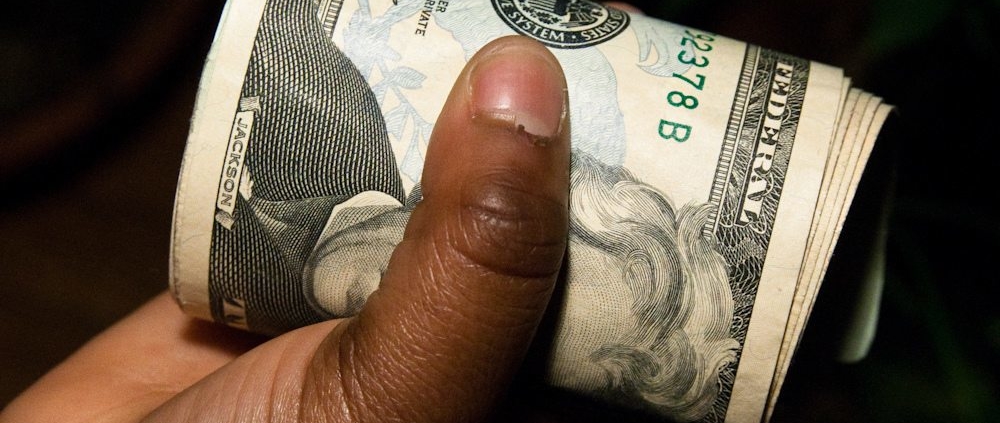What Is the Mahr (Dowry)? (Shafi’i)
Shafi'i Fiqh
Answered by Shaykh Jamir Meah
Question: Assalamu alaykum
I do not know anything about mahr: What does it mean in Islam? Is it mandatory? What kinds of mahr exist?
Answer: Wa’alaykum assalam. Thank you for your question.
The Mahr is the dowry given to a woman upon marriage. The ruling on the dowry is that it is obligatory upon the husband and that the wife has sole ownership of it.
Mahr in the Quran
The word mahr does not appear in the Qur’an, but instead various words are used,
‘And give the women their dower (saduqat) as a free gift (nihla). But if they, of their own good pleasure, remit any part of it to you, take it and enjoy it with right good cheer.’ [4:4]
‘So, to those of them whose company you have enjoyed, give their dues (ujur) as obligated. There is no sin on you in what you mutually agree upon after the (initial) agreement.’ [4:24]
‘You may marry the chaste women among the believers, as well as the chaste women among the followers of previous scripture, provided you pay them their due dowries (ujur).’ [5:5]
Wisdom in the Mahr
Among the wisdoms behind the mahr are:
It is a gift from the husband to the wife at the very onset of marriage, as evident from the use of the word nihla, a gift, in the first Quranic verse quoted above. Gifts are a way to bring hearts close together, as they are tangible gesture of one’s feelings towards another person, and a means to incline the heart. The Mahr is for the wife to enjoy and do as she pleases. In Islamic marriages, where previous integration between the couples were very limited, the mahr further acts as an ice-breaker between two people who are relatively strange to one another, for when a person gives another person a gift, an automatic attachment to that person becomes established.
Men have been given a few legal advantages over women in marriage, in that they have the power to divorce a wife, as well as the fact that traditionally men have always been the main financial providers in marriage 9a woman may work but she keeps her money for herself). Some men may abuse this power if they know that they can enter into a marriage, do as they please, and then end the marriage just as easily. The Mahr then becomes not only a price to pay for the husband being allowed to marry a woman in the first place, but it is also acts as a safeguard for the woman, should the man divorce her.
If the husband neglects his financial obligation towards his wife and children, then the wife has some financial independency and not left with nothing.
Dowry in Sacred Law
The main legal rulings that apply to the Mahr are:
The dowry is paid by the husband to the wife, and it solely belongs to her. Neither the husband nor any of his or her family members have a right to it. In pre-Islamic Arabia, a woman’s father would keep the mahr, and this was later forbidden by Islam, given the wife her right to possess the mahr exclusively. The woman’s guardian (wali) has no right to forgo the mahr on her behalf.
The dowry should something that is permissible to buy or sell, such as cash, jewellery, property etc., and excluding impermissible items such as alcohol.
It is sunna [in the Shafi’i school] to mention the mahr in the marriage contract and disliked to omit it, though its omission does not affect the validity of the marriage contract.
If no dowry was agreed upon, or it was not taken into account at all, the mahr automatically defaults to the ‘mahr al mithl’ which is the typical mahr given for a woman of the same social standing in that place and time.
The husband and wife can mutually make any adjustment to the dowry before or after the marriage contract.
If the wife chooses to forgo the dowry, she may do so.
The wife can demand the mahr immediately upon marriage or defer it’s payment to a later date.
If the mahr becomes due and the husband does not pay, the woman has the right to not fulfil the husband’s rights, without this affecting her rights in any way.
If the couple divorce after the marriage is consummated, the husband cannot take back any part of the mahr. If divorce takes place before consummation, the husband has a right to ask for half of the mahr back, though he may relinquish this right if he wishes.
Mut’a
It is also worth mentioning that in the Shafi’i school, if the husband divorces his wife, (without the wife divorcing herself if given the right (tafwid), or through mutual dissolution), it is obligatory for the husband to give the wife a payment called the mut’a. The mut’a should be something that both parties agree to, while it is sunna to be no less than 30 dirhams and no more than half of the customary mahr of that place and time.
Despite the mut’a being an obligatory payment, many men and women are not aware of it, and therefore, men do not fulfil this right, and women are not given their due upon divorce.
I pray this gives provides you with a general understanding of the mahr.
[Tarshih al Mustafidin, ‘Iyanat al Talibin, Mishkat al Misbah, Miftah li bab al Nikah]
Warmest salams,
[Shaykh] Jamir Meah
Shaykh Jamir Meah grew up in Hampstead, London. In 2007, he traveled to Tarim, Yemen, where he spent nine years studying the Islamic sciences on a one-to-one basis under the foremost scholars of the Ribaat, Tarim, with a main specialization and focus on Shafi’i fiqh. In early 2016, he moved to Amman, Jordan, where he continues advanced studies in a range of Islamic sciences, as well as teaching. Jamir is a qualified homeopath.
